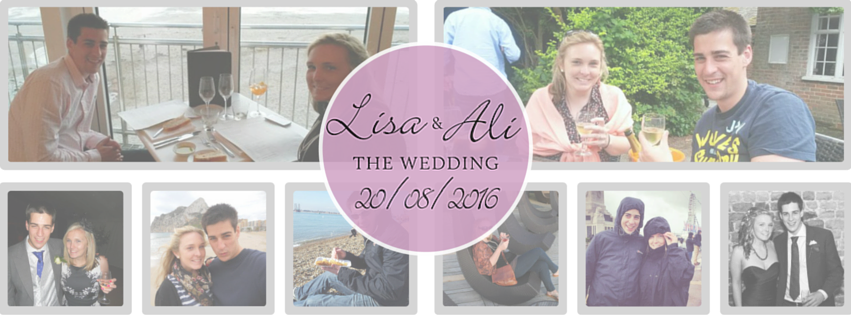Just over 7 days the Carnival owned cruise ship the Costa Concordia ran aground off the coast of Tuscany, Italy. Whilst rescue workers are working around the clock to find the missing the repercussions of the disaster begins as operators begin to piece together the frantic jigsaw of what actually went on. The disaster being billed as the biggest maritime disaster since the Titanic was carrying over 4,000 passengers on board many of them couples and families looking forward to their week long cruise experience. No one expected it to go so badly wrong.
Speculation is rife about what actually went on, with the captain the main subject of the investigation, being hang out to dry by the company and being placed under house arrest. The captain will have crucial evidence to what truly went on, but what about other individuals on board. How can a captain of this magnitude of ship be entirely to be blame for the disaster. Whilst the speculation has mainly focused on the captain it would be interesting to know what other senior officials were doing on board.

Speculation: As passengers begin to reflect on the disaster, investigators begin to piece together what actually went on.
Source: eandt.theiet.org
Several television clips of the disaster have showed videos filmed by cruise members on board, not only giving first true hand footage of what actually went on, but removes any hearsay so common in disasters of this magnitude. The footage also provides excellent evidence against crew members and the crisis management techniques deployed by Costa Cruises.
The ability to identify the truth in this type of disaster is crucial, with the truth often difficult to identify, newspapers and the media are commonly left to interpretation, creating more speculation and often misleading articles. This not only hampers investigation efforts but harms potential victims who may or may not have been found yet.
Finally the scale of Costa Cruises parent company, Carnival, owners of the likes of Cunard and P&O cruises, means that smaller errors of judgement are normally widened to the public eye and blown out of proportion in circumstances such as this. In hindsight however the pressure of working for such a high profile organisation comes with the job and there is little the captain could do to hide away from this fact.

No comments:
Post a Comment